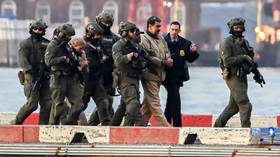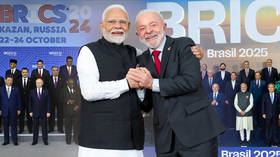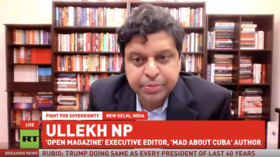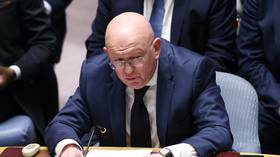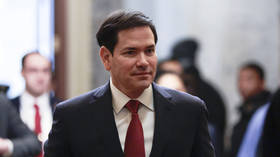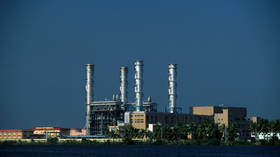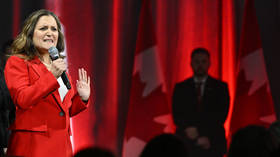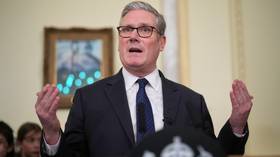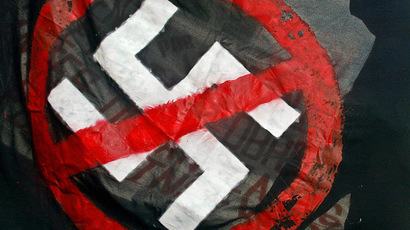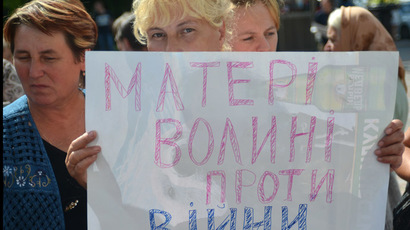Most Russians see Ukrainian turmoil as civil war - poll
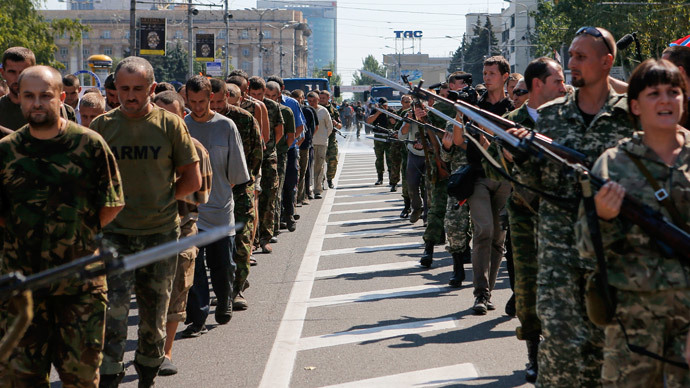
Almost 60 percent of Russians consider the current crisis in Ukraine a civil war, and the same share of those polled do not expect the strain in Russia-Ukraine relations to develop into a ‘hot’ military conflict.
The latest research conducted by the VTSIOM public opinion center shows the number of Russian citizens who call the Ukrainian crisis a full scale civil war at 59 percent, double the 27 percent of six months ago.
Only six percent of those polled call the events in Ukraine a coup d’état, compared to about25 percent in late February and 16 percent call the events just anarchy andarbitrariness, compared to 29 percent in the beginning of the year.
For the first time a group of Russians, 15 percent of those polled, called the events in Ukraine terrorism and genocide of civilians.
According to the poll most Russians do not expect a war between Russia and Ukraine in the near future – 15 percent called such a scenario absolutely impossible and another 44 percent estimated its probability as extremely low. Only 28 percent of those polled said they considered such a military conflict possible.

VTSIOM’s General Director Valery Fyodorov said that Russians’ perception of the events radically differed from public opinion in Ukraine. There most people see the crisis either as a war with Russia or as an operation against terrorists, while Russians understand it as a real civil war and a fratricide. Fyodorov added that in his view such a position also explains why very few Russians want their army to help the federalist forces in the Donetsk and Lugansk regions. “All arguments that this is a part of the Russian world and that they are our brothers get stopped with a concrete wall – no, this is an internal conflict in Ukraine,” the researcher noted.
In comments on the poll the head of the Public Diplomacy Foundation, Aleksey Kochetkov, connected the shift in public perception with the continuing flow of Ukrainian refugees who arrive in Russia fleeing war in their home regions, and who share firsthand experiences with their new neighbors.


